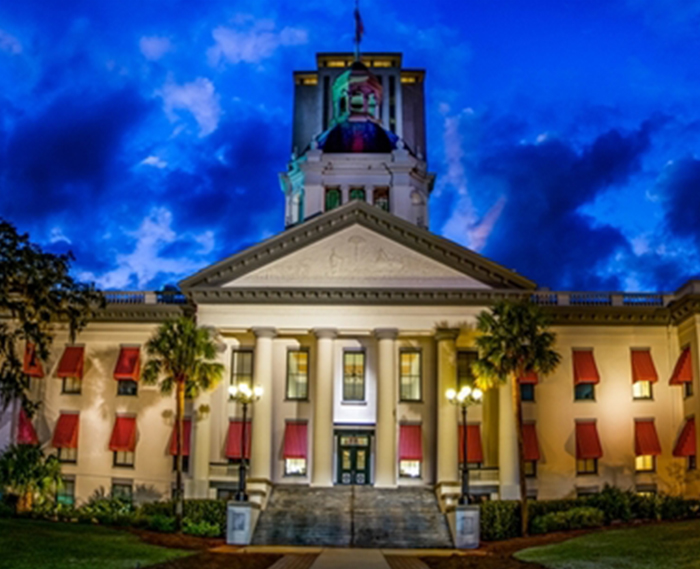
2022 Legislative Guide Now Available Online
The Florida Special Session produced the most sweeping legislation affecting condominium and cooperative associations in decades. SB-4D, known colloquially as the Condo Safety bill, became law on May 26, 2022. This law requires periodic engineering inspections and a new structural integrity reserve study for buildings three stories or higher. While SB-4D naturally has garnered the lion’s share of attention, our guidebook contains a summary of all the newly passed bills that can impact your condominium, cooperative or HOA as well as operational tips and best practices.
As for SB-4D, the timing of the engineering inspections vary based on a building’s proximity to the coastline. The new law imposes greater transparency requirements regarding a building’s financial and structural security and boards who fail to conduct the required inspection and reserve study are deemed to have breached their fiduciary duty, potentially exposing individual directors to personal liability. Managers and management companies also have heightened responsibilities and accompanying liability for failing to meet those responsibilities.
Most years we see complicated community association legislation which requires subsequent legislation to address the unintended glitches that were not considered during drafting. However, SB-4D presents a unique number of substantive and procedural questions. A glitch bill next year is likely but certainly not guaranteed. Some of the questions raised by this new law include:
How do you calculate the number of stories in a building?
How are large communities with a mixture of building heights and varying proximity to the coastline impacted by this new law?
What are the engineering qualifications needed to perform Phase II of the Milestone Inspection?
Can the structural integrity reserve components be placed in a pooled reserve account?
Can buildings with fewer than three stories continue to waive or only partially fund reserve components that may impact the structural integrity of the building such as the roof and exterior painting/waterproofing?
The foregoing are just a few of the unanswered questions this new law is raising. However, until these laws are tested legally or revised in a future Session, definitive answers may not yet be possible and obtaining a legal opinion is advised. Given the statutory liability that may result from an incorrect decision, interpreting and implementing this new law is not to be taken lightly. This is not the job for the retired out-of-state attorney on your board, or your manager or a helpful post you read on social media.
Life safety projects must always take priority over aesthetics-based improvement projects. While renovations and improvements are a necessary part of keeping your community attractive and your members happy, these projects must take a backseat to necessary life safety projects. If your community is considering a renovation or other aesthetics-based project, it is incumbent upon your board to first confirm that all pending safety-related projects have been completed or will be undertaken simultaneously.
Many of you may be asking, “how are our members going to pay for all of this?” The answer is that the board must pass an operating budget each year that is sufficient to meet the association’s needs. For many of you that means your regular assessments will be increasing significantly. In addition, special assessments may be needed as well as financing. Many of you have already seen this borne out with the recent enormous insurance premium increases you were forced to bear. Living in a coastal condominium or cooperative unit used to be the most cost-effective housing option to enjoy a “piece of paradise”. The sad reality today, however, is that living in an older coastal condominium or cooperative unit is going to be among the most expensive housing choices and many people will be priced out of that market.
For more information on the new safety law, please watch our webinar 2022 Building Safety Law, SB 4D: You’ve Got Questions, We’ve Got Answers! and visit www.Flbuildingsafety.com.

